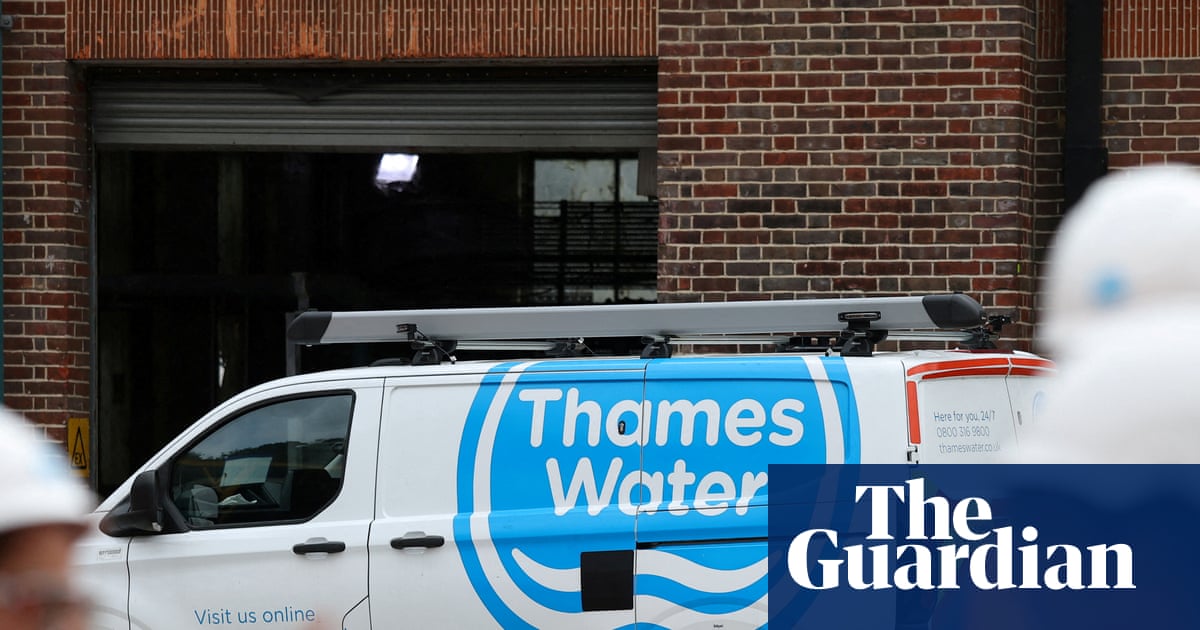T4K3.news
Water companies sidestep Labour's bonus ban
Thames Water paid substantial bonuses despite a recent law prohibiting such payments for pollution.

The situation reveals serious flaws in legislation targeting water company bonuses amid pollution issues.
Water companies exploit loopholes in Labour's bonus ban
Labour's bonus ban for executives of water companies has come under scrutiny due to loopholes that allow firms to pay large sums despite severe pollution incidents. The Water (Special Measures) Act 2025 was created to prohibit performance-related bonus payments to executives of companies that repeatedly pollute waterways. However, major water firms like Thames Water have found ways to navigate around these restrictions, calling their payouts retention bonuses instead. This has led to the controversial payment of millions in bonuses despite ongoing public outrage over water contamination. Labour officials have expressed concern about this circumvention, questioning whether these practices undermine their intention to promote accountability among water companies.
Key Takeaways
"Driving forward eye-catching policies designed to do nothing more than grab headlines is no way to fix the biggest problem facing this country in the 21st century."
This quote from Feargal Sharkey underscores frustration with how policy is being implemented amid pollution concerns.
"The government will leave no stone unturned against any bosses being made these outrageous payments."
A Defra spokesperson's statement reflects the government's commitment to enforce the new rules on executive bonuses in the water sector.
The unfolding situation highlights a significant challenge for regulators and the government. While the Water (Special Measures) Act aimed to bring accountability to how water companies operate, its effectiveness is now in question. Thames Water's reliance on legal consultants to navigate these regulations raises doubts about the integrity of the system. If water companies can easily sidestep regulations, public trust in government and these firms will deteriorate further, exacerbating the divide between corporate interests and environmental well-being. Feargal Sharkey's critical remarks encapsulate a growing sentiment that promises made during the electoral campaign may be falling short in practice, leading many to demand stricter enforcement mechanisms.
Highlights
- Water companies are using every trick to bypass regulations.
- This loophole makes a mockery of accountability in the water sector.
- Promises to end executive bonuses mean little if loopholes persist.
- Thames Water's bonus scandal highlights deeper regulatory issues.
Concern over regulatory effectiveness
Water companies may continue to pay bonuses using retention schemes, undermining the intent of the bonus ban. This creates a risk of public backlash and calls for stricter regulations.
The government's challenge is to close these loopholes and restore public trust in water management.
Enjoyed this? Let your friends know!
Related News

Southern Water chief receives £1.4 million bonus

Labour MPs call for Thames Water to recover £2.5m in bonuses

Yorkshire Water CEO receives £1.3 million in undisclosed pay

Anglian Water ordered to pay £63m for sewage failures

FTSE 100 share index reaches 9,000 points

Government pledges to reduce sewage pollution

New target set to halve sewage pollution by 2030

Serious pollution incidents among water companies increased sharply
